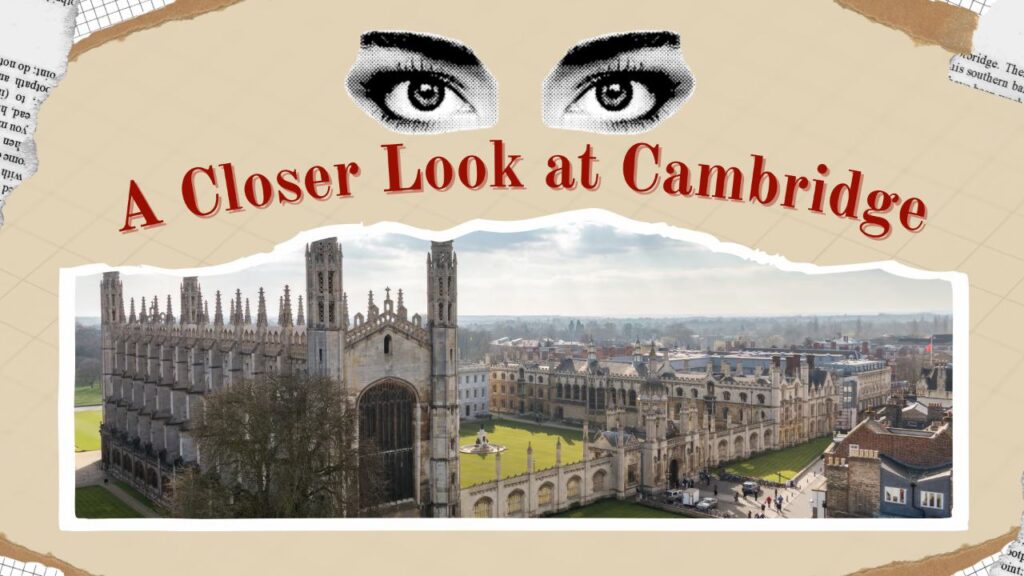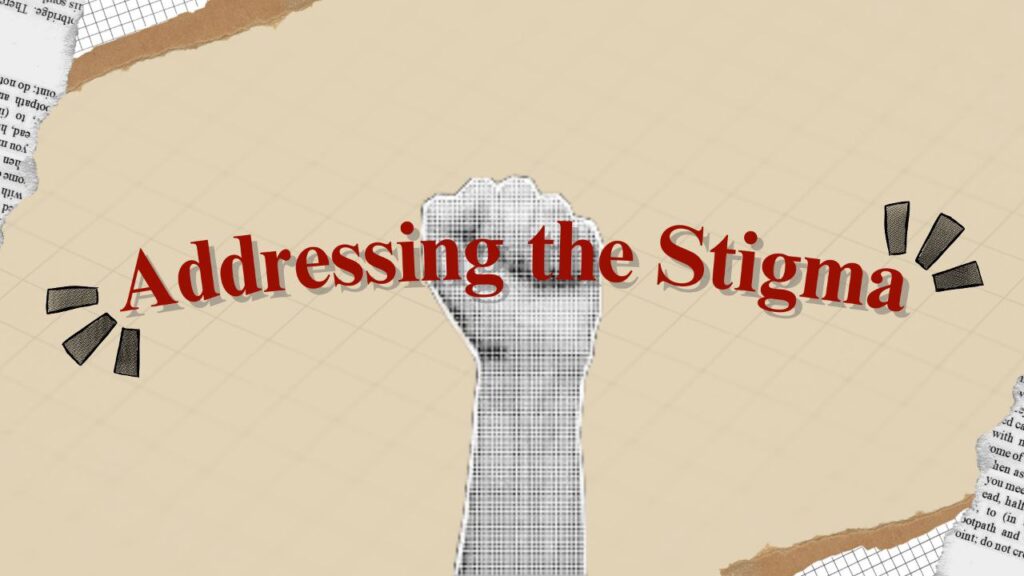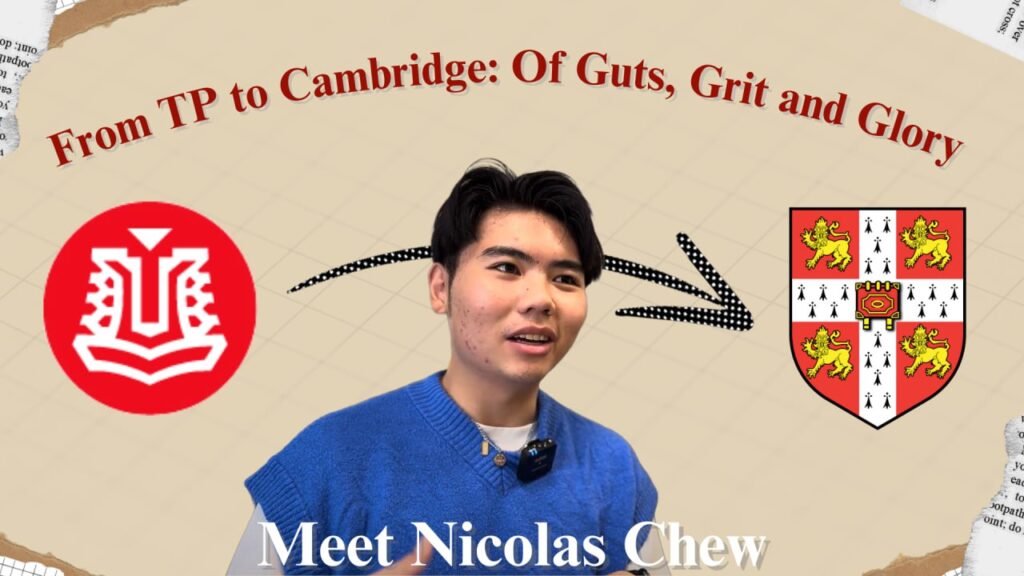Written by: Bryan Yew, Gabriel Ramsey
To many students in Singapore, enrolling into a prestigious school like Cambridge University is nothing more than a pipe dream – but for Nicolas Chew, this dream is a reality.
Nicolas Chew graduated from Temasek Polytechnic’s (TP) Diploma in Communications & Media Management (CMM) in 2021 with a stellar GPA of 3.97, and was awarded the Changi Airport Group (CAG) Undergraduate Scholarship.
Recently, he graduated with a Bachelor’s of Arts degree in Human, Social and Political Sciences at Cambridge University. He plans to continue his further education by obtaining a Master’s degree with University College London.
Recalling his humble beginnings from TP, Nicolas said: “Given all the barriers to entry, I never thought I would be able to overcome them and go to my dream school.”

A Closer Look
Cambridge has always been portrayed in the media to be a dream institution, with a blend of traditional and modern amenities. Nicolas believed this too before he stepped into the campus.
“I would say when you first hear about Cambridge and read about it in the media, they show its really good sides, like the dining halls,” he said. “It’s basically like studying in Hogwarts. That’s the way that they market it, really.”
Nicolas is not exaggerating. Typical dining halls in Cambridge are adorned with stained glass windows and ornate chandeliers. There are even eight University of Cambridge Museums, which cover topics ranging from anthropology to zoology.
However, once he actually started classes, he realised that “it is very much like every other uni – there’s a fair share of problems and quirks”, referring mainly to the school’s unique approach to teaching.
Said Nicolas: “The one thing that was really interesting and also a bit frustrating at times was the supervision system. Cambridge teaches more in small groups – so you get your own supervisor who teaches you more or less one-on-one rather than in a huge seminar or a lecture. You get really tailored lessons.”
The Bridge to Cambridge
Adapting to a renowned university from a polytechnic was definitely going to be difficult. However, the University’s self-directed learning felt very similar to TP’s style of learning. Nicolas had experience in time management, from juggling work and assignments simultaneously. As such, Nicolas felt that the transition to university was “gradual but easier” as he was already familiar with holding himself accountable for his tasks.
Despite Cambridge’s self-directed style of learning being familiar to him, the difference in academic rigour compared to polytechnic was very apparent. University was what could only be described by him as “poly on steroids”.
What Nicolas learnt in CMM involved lots of hands-on production work, which was completely different from the social and political sciences he was now taking.
“Having to do essays and read academic papers was a steep learning curve at first because it’s just not stuff that I’ve done before,” Nicolas shared. “Before I had enrolled in Cambridge, the only exposure I had to political science was a course that I did here, which was for cross-disciplinary subjects.”
Nicolas also shared his struggles with imposter syndrome when first entering Cambridge and the level of mental discipline it took to overcome it.
“You think you don’t know what you’re reading. It’s hard to grasp. And then because of that, you think that you don’t really deserve a place there,” he said. “So (it tests your) mental aptitude because everyone around you seems to be geniuses and then here you are – you can’t read an academic paper.”
A League of His Own
Although he struggled at first, Nicolas realised that his excellent time management from his experience in TP gave him an edge over his peers, who graduated from junior colleges (JC).
He said: “For JC students, the way that their days are organised are very much structured and rigid. Here, you have to manage it by yourself a lot more, and that’s where it really helped, because that’s literally what it’s like. If you’re not used to managing your time by yourself, it can end up with you procrastinating.”
Another advantage that Nicolas felt he had over his JC counterparts was ease of networking.
“Being at poly helped because I would say the people here are a lot more diverse, a lot more interesting,” Nicolas shared. “My friends from JC found it a bit more difficult to gel with a lot of the other students because Cambridge is a very international place. You’re meeting people from all over the world who have very different views on things.”

Addressing the Stigma
Coming from a polytechnic, Nicolas had to fend off the stigma of polytechnic not being as academically renowned as compared to JC.
“When they ask me what school I’m from, it takes 10 minutes for them to (comprehend) my answer, just because they forget that there’s no schools other than their own or outside of JC,” Nicolas explained with a wry smile.
He talked about how, apart from himself, there were prestigious schools attributed to each student. “They already have it in mind the minute you’re enrolled,” he said. “They’re like, okay – this guy, Oxford. That guy, Cambridge. That guy, LSE (London School of Economics and Political Science).”
Despite this, Nicolas goes out of his way to prove that resilience and effort are the greatest defining factors to academic success.
“In a sense, you’re actually on par, if not better than (the other students) because you did it from scratch,” he explained, flashing a grin. “It shows that if anything, you’re a lot more resilient, you’re a lot more capable than people who have had this path kind of carved out for them.”
Using an analogy in comparison to the more well-to-do students, he said, “You got to take the lift, I had to climb the stairs here, but we got to the same place in the end, you know?”
When asked what advice he would give to aspiring students, he emphasised the importance of time management and striving towards your priorities.
“Time management for me wasn’t a way to improve efficiency,” he said firmly. “It was very much a necessity for me to work in order to pay my way through school. By hook or by crook, you have to be very efficient with your time.”
Practicality aside, Nicolas is also a firm believer that dreams do come true – as long as you work hard for it.
“If you really have a goal that you’re striving for, go for it. For me, it was to pay my way through school and to get to Cambridge.”




